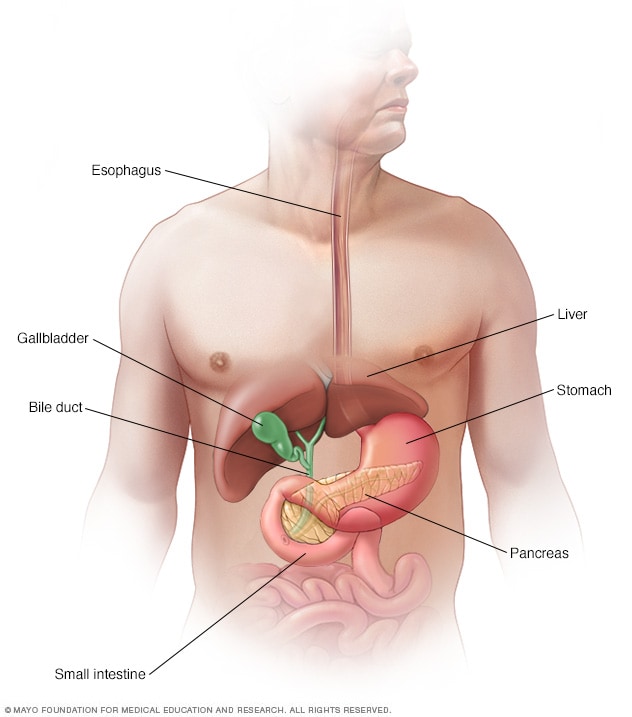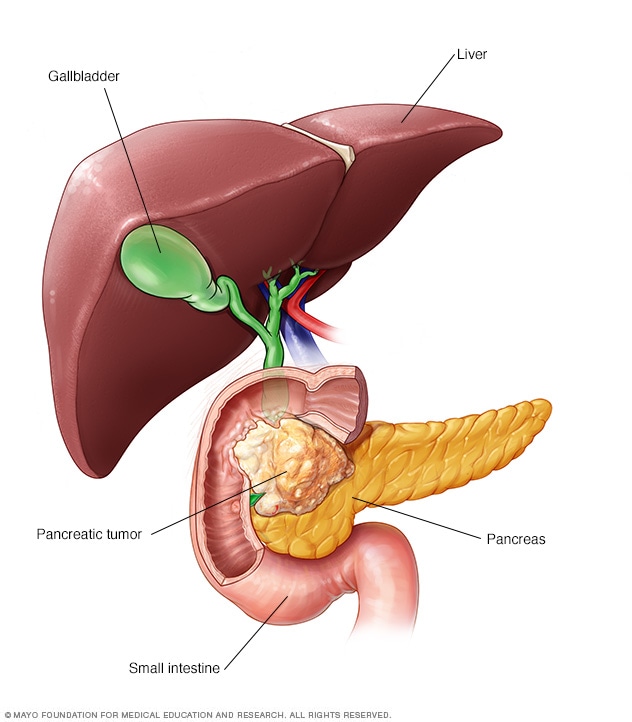The "Silent" Killer Cancer
"It has become almost a forgotten cancer, and yet it's so devastating to the people who get it."
"The reality is that there have been very few advances in the last 40 years. So basically what you would be told 40 years ago is what you're told today."
Michelle Capobianco, executive director, Pancreatic Cancer Canada Foundation
"New research conducted at the Ingham Institute for Applied Medical Research in Liverpool, New South Wales, has found a new approach to treating pancreatic cancer. The research, published in Oncotarget, suggests that a combined approach that targets tumor cells with chemotherapy while inhibiting specific pathways that mediate stromal-tumor interactions may represent a novel therapeutic strategy to improve outcomes in pancreatic cancer patients."
"This research, funded by the Hirshberg Foundation, aims to find new approaches to treating pancreatic cancer, because targeting cancer cells alone has failed to substantially improve patient outcomes."
"It is now acknowledged that the microenvironment surrounding pancreatic cancer cells plays an important role in cancer progression. Pancreatic stellate cells, found in the microenvironment surrounding pancreatic tumors, facilitate pancreatic cancer progression through increased tumor growth and metastasis. This study has shown that a two-pronged approach that combines standard chemotherapy with compounds that cut off the communication between cancer cells and pancreatic stellate cells greatly reduces tumor growth and virtually eliminates tumor spread to distant sites."
November 13, 2017, Hirshberg Foundation for Pancreatic Cancer Research, Los Angeles, California
"In many cases, it's silent until it's already metastatic. Only about 20 percent of patients are eligible for surgery because the other 80 percent have metastatic disease when we meet them for the first time."
"...The convincing factor that's definitely associated [with pancreatic cancer onset] is smoking."
Dr. Steven Gallinger, surgical oncologist, Princess Margaret Cancer Centre, Toronto
 |
The pancreas in the digestive system
The pancreas is a long, flat gland that lies horizontally behind your stomach. It has a role in digestion and in regulating the level of sugar in your blood. |
As malignant diseases go, pancreatic cancer ranks as the fourth-deadliest of the cancers. In Canada, it accounts for six percent of all cancer deaths occurring in the country. Lethal profile aside, there is a low public awareness of this kind of cancer. Yet it accounts for a mere seven percent of patients surviving five years from the time of diagnosis. As for research into this lethal disease, it ranks low on the totem pole of cancer research funding as the most poorly funded of all, where about two percent of all money raised for cancer research ends up.
In 2017 an estimated 5,500 Canadians will be diagnosed with this form of cancer, and about 4,800 of that number will die from pancreatic cancer. As for the United States, 53,670 people were diagnosed with pancreatic cancer in 2017, and of that total 43,000 failed to survive (The U.S. has a population ten times that of Canada's). The function of this slender, oval organ is to release enzymes into the small intestine for digestion purposes, along with the hormone insulin from the Islets of Langerhans located in the pancreas as a control on the use of energy-producing glucose derived from food in our diet.
Placed deep within the abdominal cavity, typically symptoms of pancreatic cancer fail to become evident until that time when the disease has had ample time to become advanced. Over 60 percent of tumours associated with this cancer are diagnosed at a late stage, after having spread (metastasized) to other parts of the body. This type of cancer, unfortunately, is also problematic in the treatment process since it is highly resistant to chemotherapy.
Symptoms
Signs and symptoms of pancreatic cancer often don't occur until the disease is advanced. They may include:
- Pain in the upper abdomen that radiates to your back
- Loss of appetite or unintended weight loss
- Depression
- New-onset diabetes
- Blood clots
- Fatigue
- Yellowing of your skin and the whites of your eyes (jaundice)
Risk factors
Factors that may increase your risk of pancreatic cancer include:
Mayo Clinic
- Chronic inflammation of the pancreas (pancreatitis)
- Diabetes
- Family history of genetic syndromes that can increase cancer risk, including a BRCA2 gene mutation, Lynch syndrome and familial atypical mole-malignant melanoma (FAMMM) syndrome
- Family history of pancreatic cancer
- Smoking
- Obesity
- Older age, as most people are diagnosed after age 65
Labels: Bioscience, Cancer, Research, Treatment


0 Comments:
Post a Comment
<< Home